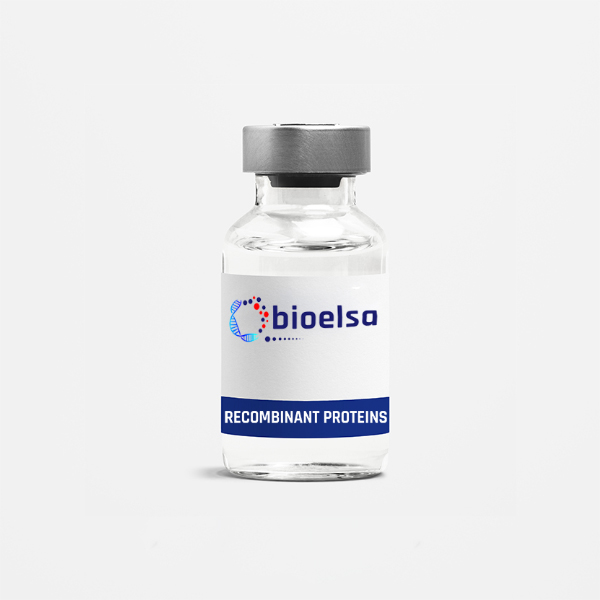| Gene ID |
2056 |
| Accession | P01588 |
| Alternative Name | INN=Epoetin<br/>Recombinant Human Erythropoietin-Alpha (EPO) |
| Species | Human |
| Source | CHO |
| Description | EPO is predominantly synthesized and secreted by tubular and juxtatubular capillary, endothelial, and interstitial cells of the kidney. Approximately 10-15% of the total amount of Epo comes from extrarenal sources and is predominantly produced by hepatocytes and Kupffer cells of the liver. Approximately 40% of the molecular mass of Epo is due to its glycosylation. Glycosylation is an important factor determining the pharmacokinetic behavior of Epo in vivo. Non-glycosylated Epo has an extremely short biological half life. It still binds to its receptor and may even have a higher specific activity in vitro. |
| Accession | P01588 |
| Functions | Activity was determined by the dose-dependent proliferation assay using a factor-dependent human erythroleukemic cell line TF-1 and was found to be 3.8 x 10^5 IU/mg. |
| Formulation | Lyophilized from a 0.2 ?m filtered solution in PBS (pH 7) |
| Solubility | A quick spin of the vial followed by reconstitution in distilled water to a concentration not less than 0.1 mg/mL. This solution can then be diluted into other buffers. |
| Appearance | Lyophilized Powder |
| Molecular Weight | 20 |
| Purity | >95% as determined by SDS-PAGE |
| Concentration | <1.0 EU/μg of recombinant protein as determined by the LAL method. |
| Shipping Condition | Ambient Temperature |
| Storage Condition | The lyophilized protein is stable for at least one year from date of receipt at -70?C. Upon reconstitution, this cytokine can be stored in working aliquots at 2? - 8?C for one month, or at -20?C for six months, with a carrier protein without detectable loss of activity. Avoid repeated freeze/thaw cycles. |
